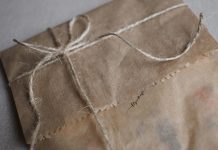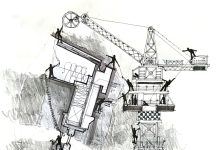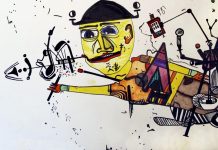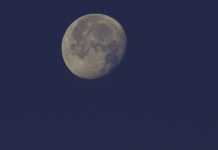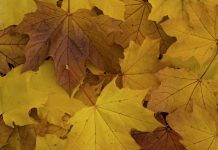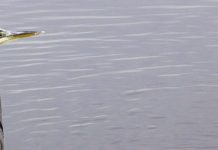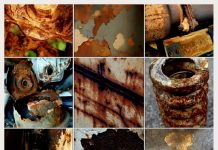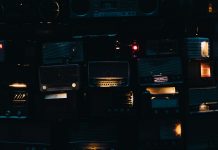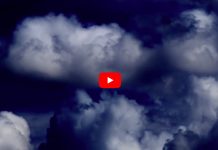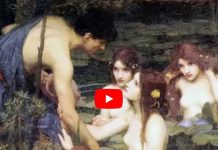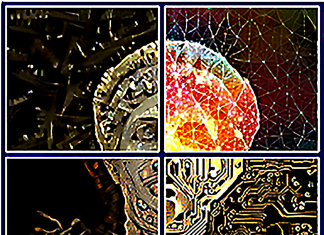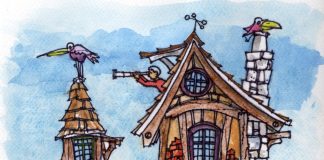that I might infuse a spark of being into the lifeless thing that lay at my feet.”
I see, I see—
hatches of flesh lift up
and a cataract of fog falls from your eyes;
by candlelight I peer into those pupils—
two throbbing dilating blacknesses
that warm into living luminosity.
And there, there, down inside, I see
my own face twinned and lens-refracted,
chin-above-brow in concave optic mirrors.
And so we share, the two of us,
your first glimpse of the world
and I, I am what both of us see.
Tell me, tell me of the void;
tell me of the nothingness you come from;
tell me of nihility primeval; tell me
of timeless time, of what lies beyond
the ideal bounds of life and death.
But your birth is not as I imagined.
I am not Prometheus the maker
but some humbler god of greeting.
When I offer you my hand in welcome,
you seize it in a grip of strife
and drag me deep into your birthing.
We wrestle, and our forked umbilicus
strains to breaking in the amniotic tempest.
The writhing sky tightens in spasms to force us
down into a world where no one yet has truly lived.
You are the stronger and I succumb;
you drive me out of the womb by the heel;
so shall the elder ever serve the younger,
and now we breathe the air and see the light.
what do you see in me, your brother—
I who am more newly born than you?
Am I basilisk or butterfly, serpent or eagle,
vermin or leviathan? Devil, jinni, angel, mortal?
It is yours to choose, forever and for all.
The rose is no longer lovely, the toad no longer loathsome,
the apple no longer sweet, bile no longer bitter.
At your caprice appraise afresh this stale world;
reshape the good in your own image,
and I shall be the bearer of your image.
descends upon us, singing its song of silent mutability:
O vanity of a man,
presuming to create aught outward,
or that God creates aught outward,
for all creation is of the self,
is from within,
is from below.
So tell us, Spirit of the Void—are you well pleased in us,
your first begotten children?



